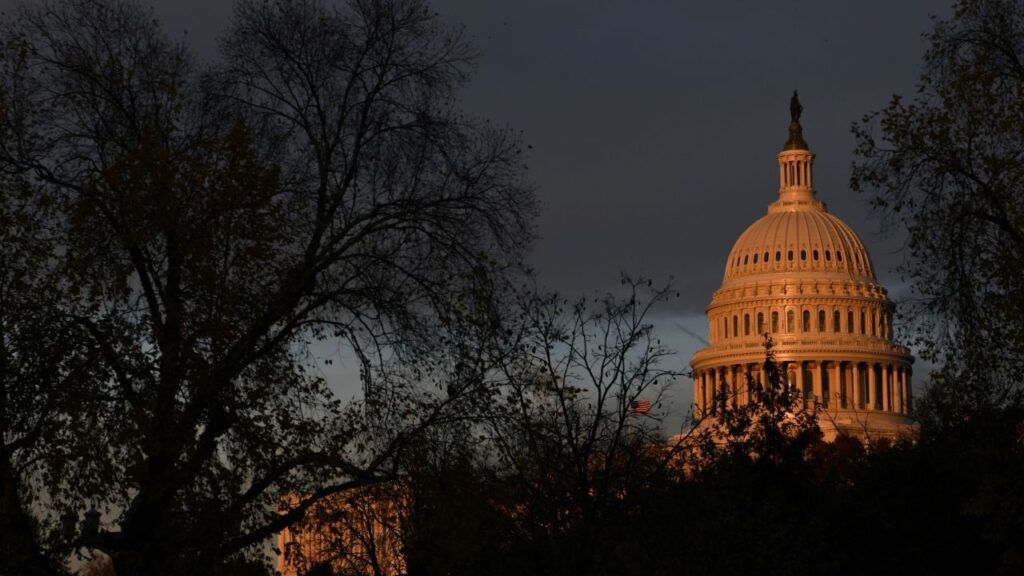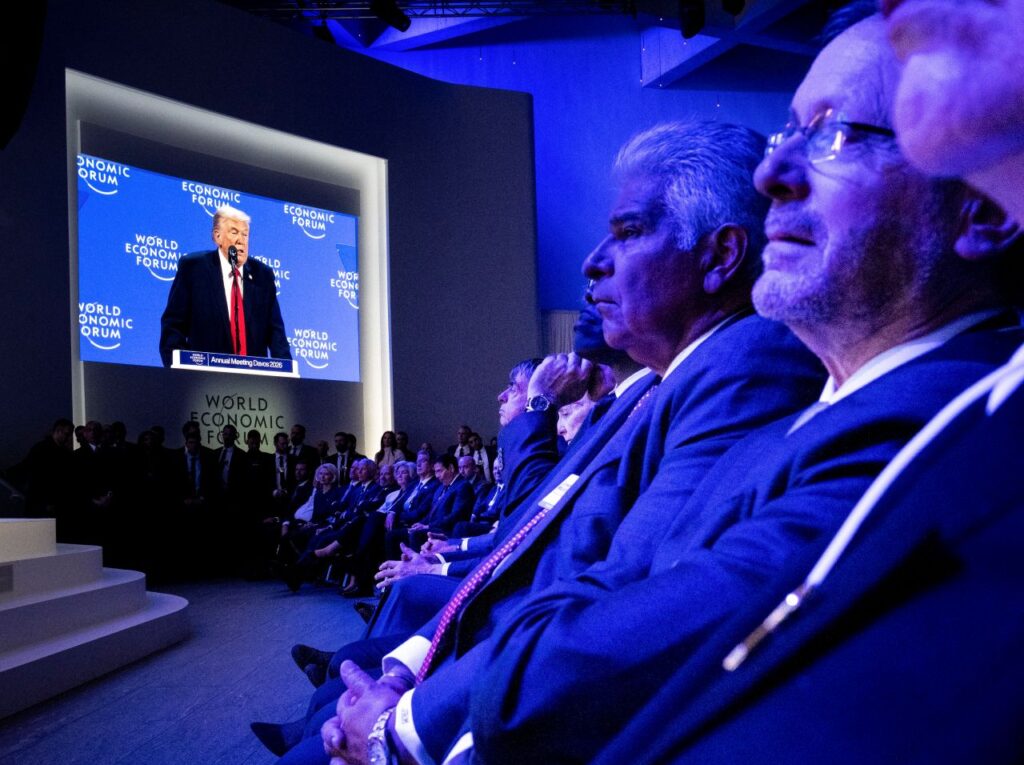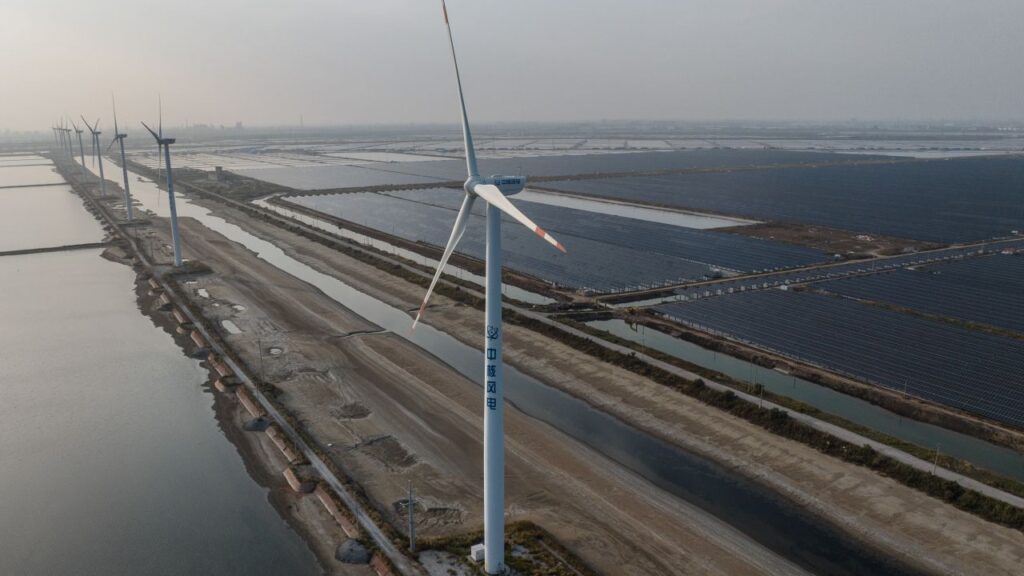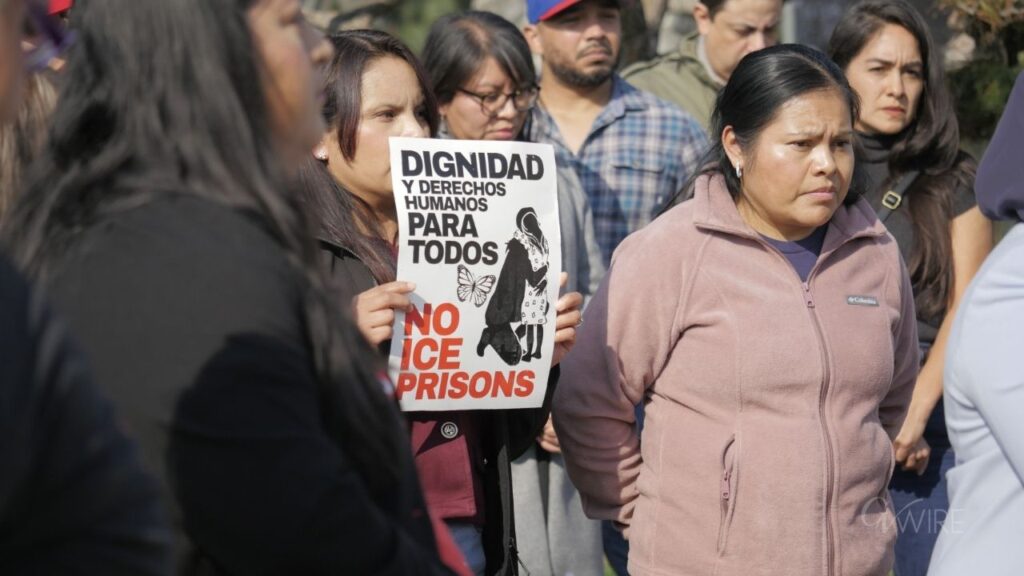Share
BAGHDAD — Iran vowed “harsh retaliation” for a U.S. airstrike near Baghdad’s airport that killed a top Iranian general who had been the architect of its interventions across the Middle East, as tensions soared in the wake of the targeted killing.
The killing of Gen. Qassem Soleimani, the head of Iran’s elite Quds Force, marks a major escalation in the standoff between Washington and Iran, which has careened from one crisis to another since President Donald Trump withdrew from the 2015 nuclear deal and imposed crippling sanctions.
The United States urged American citizens to leave Iraq “immediately” following the Friday airstrike at Baghdad’s international airport that killed Soleimani and nine others, Iran’s state TV reported Friday. The State Department said the embassy in Baghdad, which was attacked by Iran-backed militiamen and their supporters earlier this week, is closed and all consular services have been suspended.
Around 5,200 American troops are based in Iraq, where they mainly train Iraqi forces and help to combat Islamic State militants.
Iran’s Supreme Leader Ayatollah Ali Khamenei warned that “harsh retaliation is waiting” for the U.S. after the airstrike, calling Soleimani the “international face of resistance.” Khamenei declared three days of public mourning and appointed Maj. Gen. Esmail Ghaani, Soleimani’s deputy, to replace him as head of the Quds Force.
Iranian President Hassan Rouhani called the killing a “heinous crime” and vowed his country would “take revenge.”
The Killing Promised to Strain Relations With Iraq’s Government
Thousands of worshippers in the Iranian capital Tehran took to streets after Friday Muslim prayers to condemn the killing, chanting “Death to deceitful America.”
However, the attack may act as a deterrent for Iran and its allies to delay or restrain any potential response. Oil prices surged on news of the airstrike and markets were mixed.
The killing promised to strain relations with Iraq’s government, which is allied with both Washington and Tehran and has been deeply worried about becoming a battleground in their rivalry. Iraqi politicians close to Iran called for the country to order U.S. forces out of the country.
The Defense Department said it killed the 62-year-old Soleimani because he “was actively developing plans to attack American diplomats and service members in Iraq and throughout the region.” It also accused Soleimani of approving the orchestrated violent protests at the U.S. Embassy in Baghdad.
The strike, on an access road near Baghdad’s airport, was carried out Friday by a U.S. drone, according to a U.S. official.

A Potential Turning Point in the Middle East
Soleimani had just disembarked from a plane arriving from either Syria or Lebanon, a senior Iraqi security official said. The blast tore his body to pieces along with that of Abu Mahdi al-Muhandis, deputy commander of the Iranian-backed militias in Iraq known as the Popular Mobilization Forces. A senior politician said Soleimani’s body was identified by the ring he wore. Iran’s state TV said Friday a total of 10 people were killed in the airstrike, including five Revolutionary Guard members and Soleimani’s son-in-law, whom he did not identify.
The officials spoke on condition of anonymity because they were not authorized to talk to reporters.
The attack comes at the start of a year in which Trump faces both a Senate trial following his impeachment by Congress and a re-election campaign. It marks a potential turning point in the Middle East and represents a drastic change for American policy toward Iran after months of tensions.
The tensions are rooted in in Trump’s decision in May 2018 to withdraw the U.S. from Iran’s nuclear deal with world powers, struck under his predecessor, Barack Obama.
Since then, Tehran shot down a U.S. military surveillance drone and seized oil tankers. The U.S. also blames Iran for other attacks targeting tankers and a September assault on Saudi Arabia’s oil industry that temporarily halved its production.
The Potential for a Spiraling Escalation
Supporters of Friday’s strike said it restored U.S. deterrence power against Iran, and Trump allies were quick to praise the action. “To the Iranian government: if you want more, you will get more,” South Carolina Sen. Lindsey Graham tweeted.
Others, including Democratic White House hopefuls, criticized Trump’s order. Democratic presidential candidate Joe Biden said Trump had “tossed a stick of dynamite into a tinderbox,” saying it could leave the U.S. “on the brink of a major conflict across the Middle East.”
Trump, who is vacationing at his private club in Palm Beach, Florida, said in a tweet Friday the airstrike was ordered because Soleimani was “plotting to kill” many Americans. “He should have been taken out many years ago!” Trump tweeted.
The potential for a spiraling escalation alarmed U.S. allies and rivals alike.
“We are waking up in a more dangerous world,” France’s deputy minister for foreign affairs, Amelie de Montchalin, told RTL radio. The European Union warned against a “generalized flare-up of violence.” Russia condemned the killing, and fellow Security Council member China said it was “highly concerned.”
The U.S. Strike Could Help Restore Confidence Among Gulf Leaders
Ibrahim Bayram, a political analystwith Lebanon’s An-Nahar newspaper, said the U.S.-Iran tensions had now entered a new phase, “an open conflict with no horizon.”
While Iran’s conventional military has suffered under 40 years of American sanctions, Iran can strike asymmetrically in the region through its allied forces like Lebanon’s Hezbollah, Iraqi militias and Yemen’s Houthi rebels. Hezbollah leader Hassan Nasrallah called on “the resistance the world over” to avenge Soleimani’s killing. Frictions over oil shipments in the Gulf could also increase, and Iran’s elite Revolutionary Guard has built up a ballistic missile program.
Israeli Defense Minister Naftali Bennett held a meeting with top security officials Friday, but the Israeli military said it was not taking any extraordinary action on its northern front, other than closing a ski resort in the Golan Heights near Lebanon and Syria as a precaution.
In the United Arab Emirates, a key U.S. ally in the Gulf, Minister of State for Foreign Affairs Anwar Gargash, called for “rational engagement” and a “calm approach.”
Emirati political analyst Abdulkhaleq Abdullah said the U.S. strike could help restore confidence among Gulf leaders that Washington will push back against their rival Iran. But, he said, they also don’t want to be caught in the middle. “Is the region ready for a sharp escalation?” he said. “We are the closest to the theater than anyone on earth.”

Iraq Has Been Gripped by Massive Anti-Government Protests Since October
The most immediate impact could be in Iraq. Funerals for al-Muhandis and the other slain Iraqis were set for Saturday.
Ordering out American forces would heavily damage Washington’s influence and make the U.S. troop presence in neighboring Syria more tenuous. But Iraq’s leadership is likely to be divided over such a step. President Barham Salih called for “the voice of reason and wisdom to dominate, keeping in mind Iraq’s greater interests.”
Iraq has been gripped by massive anti-government protests since October, partly against Iran’s influence.
“America and Iran should solve their problems outside Iraq,” said one protester, who asked not to be named for security concerns. “We do not want them to solve it inside Iraq, because this will not serve our cause.”
The Loss of a Cultural Icon
For Iran, the killing represents the loss of a cultural icon who represented national pride and resilience in the face of U.S. sanctions. While careful to avoid involving himself in politics, Soleimani’s profile rose sharply as the U.S. and Israel blamed him for Iranian proxy attacks abroad.
As the head of the Revolutionary Guard’s Quds, or Jerusalem, Soleimani led all of its expeditionary forces and frequently shuttled between Iraq, Lebanon and Syria. Quds Force members have deployed in Syria’s war to support President Bashar Assad, as well as in Iraq in the wake of the 2003 U.S. invasion that toppled dictator Saddam Hussein.
Soleimani rose to even greater prominence by advising forces fighting the Islamic State group in Iraq and in Syria.
U.S. officials say the Guard under Soleimani taught Iraqi militants how to manufacture and use especially deadly roadside bombs against U.S. troops after the invasion of Iraq. Iran has denied that.
On Sunday, U.S. airstrikes killed 25 fighters from an Iranian-backed militia, in retaliation for the killing of a U.S. contractor at an American base in a rocket attack the previous week. The strikes prompted two days of protests orchestrated by the militias at the U.S. Embassy in Baghdad, where their supporters breached the compound and set fires, though no one was wounded.
U.S. officials have suggested they are prepared to engage in further retaliatory attacks in Iraq.
“The game has changed,” Defense Secretary Mark Esper said Thursday.
[activecampaign form=29]
RELATED TOPICS:
Categories

Bid to Rein in Trump’s Venezuela War Powers Fails in US House


















